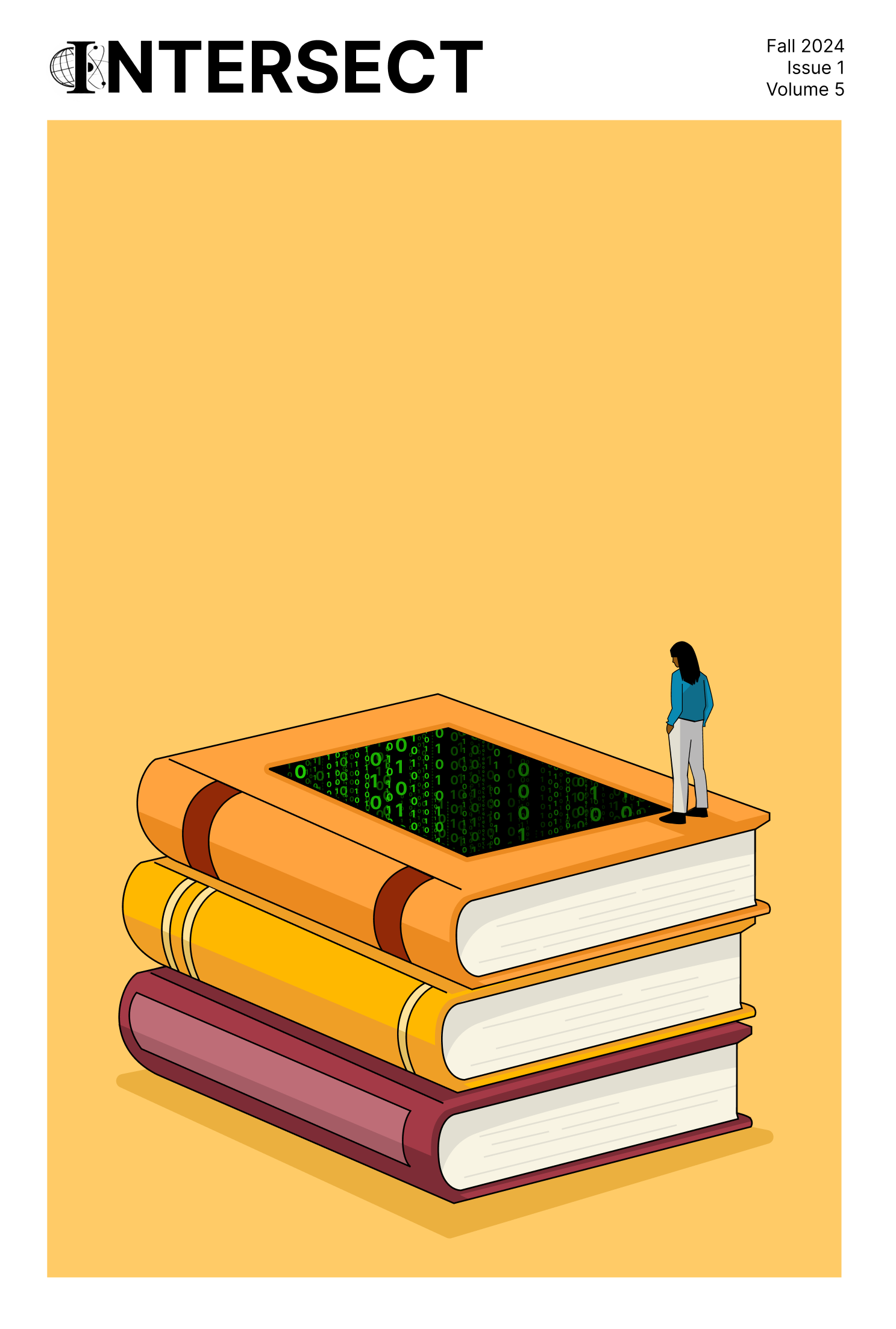Vegetarianism in India: Health Benefits, Risks, and the Environment’s Role in Risk Mitigation
Abstract
Vegetarian diets lack vitamins and nutrients vital for the human body, which can have severe adverse effects and cause illnesses and pathology. However, vegetarians in India do not seem to suffer from the same pathologies that are expected to be associated with this level of vitamin and nutrient deficiency. This paper explores how vegetarians in India escape immune deficiency and whether this can be attributed to natural immunity that correlates with vegetarianism or even induced by it. The phenomenon of natural immunity in Indian vegetarians is due to a unique combination of genetic diversity, environmental exposure frequency, dietary habits, and sociocultural practices. Genetic factors such as HLA diversity, cytokine gene polymorphisms, and a rich anti-inflammatory, spice-heavy diet contribute to a robust immune system. These environmental lifestyle factors have shaped the immune responses of the Indian population, protecting Indian vegetarians from vegetarianism-related pathology.
Downloads
Published
Issue
Section
License
Copyright (c) 2025 Intersect: The Stanford Journal of Science, Technology, and Society

This work is licensed under a Creative Commons Attribution-NonCommercial-NoDerivatives 4.0 International License.
Authors who publish with this journal agree to the following terms:- Authors retain copyright and grant the journal right of first publication with the work simultaneously licensed under a Creative Commons Attribution License that allows others to share the work with an acknowledgement of the work's authorship and initial publication in this journal.
- Authors are able to enter into separate, additional contractual arrangements for the non-exclusive distribution of the journal's published version of the work (e.g., post it to an institutional repository or publish it in a book), with an acknowledgement of its initial publication in this journal.
- Authors are permitted and encouraged to post their work online (e.g., in institutional repositories or on their website) prior to and during the submission process, as it can lead to productive exchanges, as well as earlier and greater citation of published work (See The Effect of Open Access).

